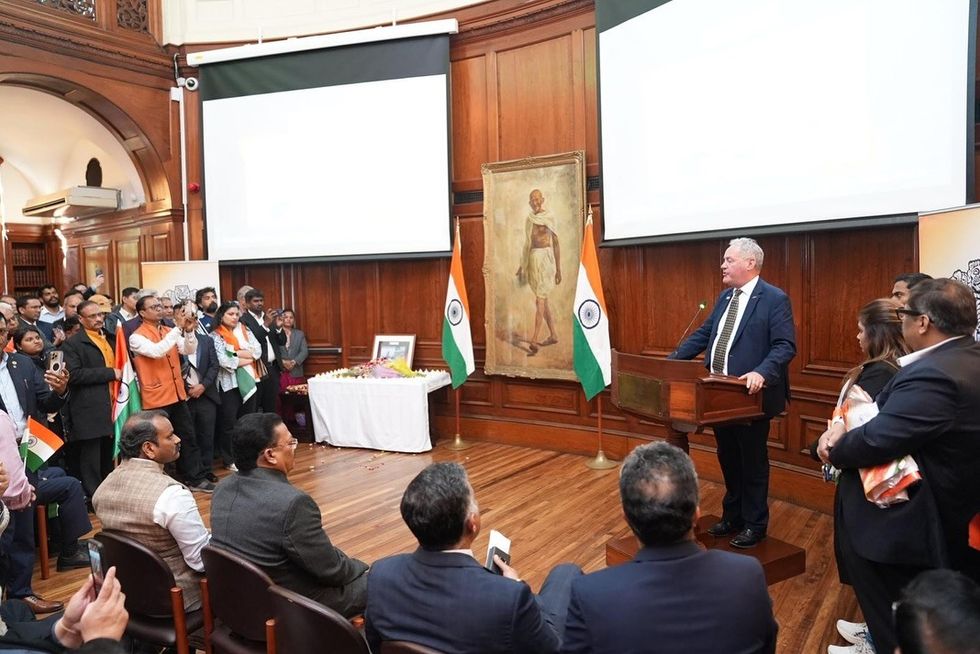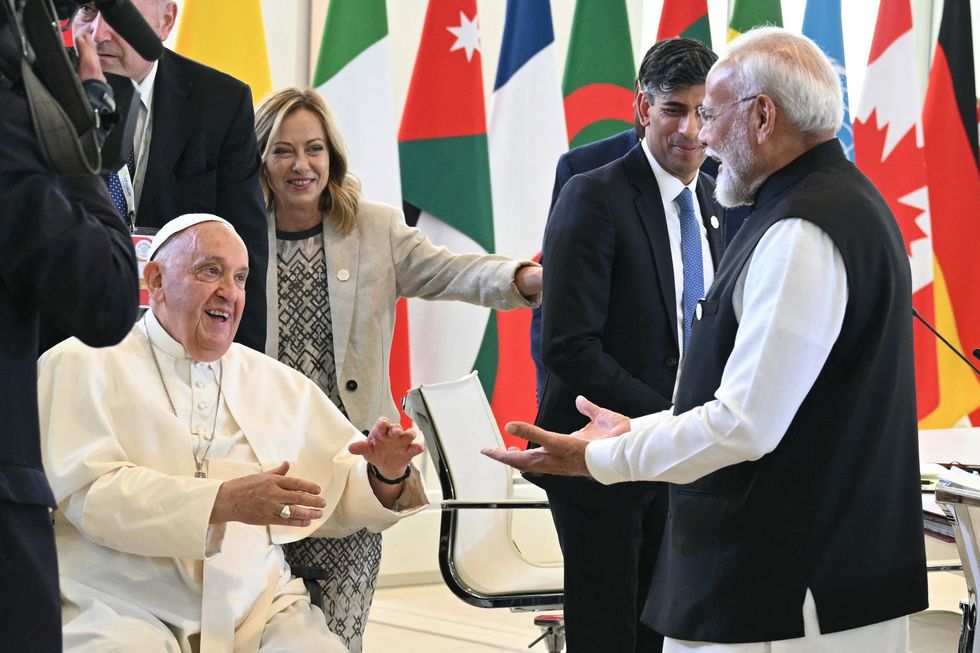LONDON mayor Sadiq Khan said he endured heightened online racist abuse when Donald Trump was the American president.
His comment at Stanford University in California on Tuesday (10) came amid debates over allowing the former president back on Twitter after billionaire Elon Musk struck a deal to take over the social media company.
Khan, who is on a visit to the US to attract investment to London, saw an 18-fold rise in “explicitly racist or racialised social media messages” during the Trump presidency that led to him getting police protection.
Trump won the election to the White House in 2016, some six months after Khan became the mayor of the British capital.
"In the last year of him being president, once he was banned from Twitter, I received the least racial abuse of any time over five years,” he said.
However, the online hate directed at Khan declined well before Trump was permanently suspended from American social media platforms.
Data from the mayor’s office reported by the BBC showed that the racist abuse rose by 1,892 per cent in 2016, before increasing by a further 94 per cent in 2017.
But it fell by 35 per cent a year later before rising 59 per cent in 2019. It declined subsequently - 75 per cent in 2020 and a further 40 per cent fall in 2021 - after Trump was removed from Twitter.
"He's not my biggest fan," Khan said of Trump who had criticised the mayor following the London Bridge terror attacks in 2017.
Khan said he has no problems with Musk’s plan to let Trump on Twitter again, saying “everybody should be entitled to be rehabilitated”. But the mayor hoped that the Republican politician learnt his lesson.
"Let's wait and see if Donald Trump has learnt his lesson. If it's the case that Donald Trump is going to use Twitter responsibly, I think that's all well and good”.
The question of reinstating Trump has been seen as a litmus test of how far “free speech absolutist” Musk will go in making changes to Twitter, even though the former president himself has said he would not return.
Musk, speaking at a Financial Times conference, said he and Twitter co-founder Jack Dorsey believe permanent bans should be "extremely rare" and reserved for accounts that operate bots or spread spam.
"Wrong and bad" tweets should be deleted or made invisible and a temporary account suspension could be appropriate, Musk said. "I think permabans just fundamentally undermine trust in Twitter as a town square where everyone can voice their opinion."
The suspension of Trump’s account, which had more than 88 million followers, silenced his primary megaphone days before the end of his term and followed years of debate about how social media companies should moderate the accounts of powerful global leaders.






 Bob Blackman MP speaks during the event
Bob Blackman MP speaks during the event












 Pope Francis greets Narendra Modi on the sidelines of the G7 summit near Bari, Italy, in June last year, as Italian prime minister Giorgia Meloni and then British prime minister Rishi Sunak look on
Pope Francis greets Narendra Modi on the sidelines of the G7 summit near Bari, Italy, in June last year, as Italian prime minister Giorgia Meloni and then British prime minister Rishi Sunak look on